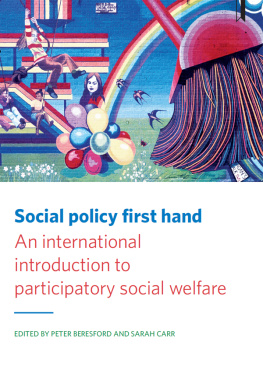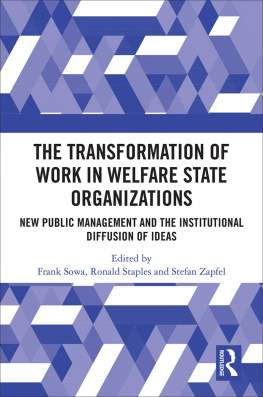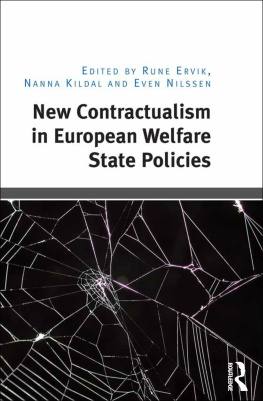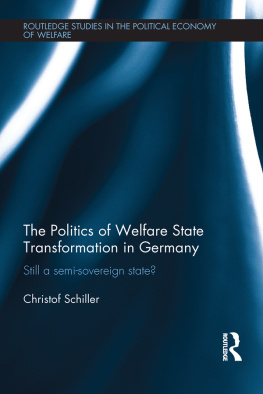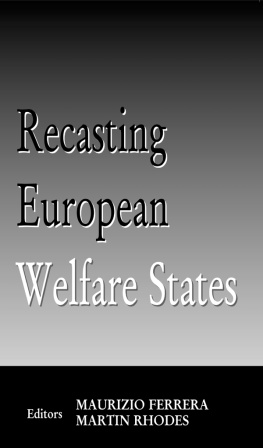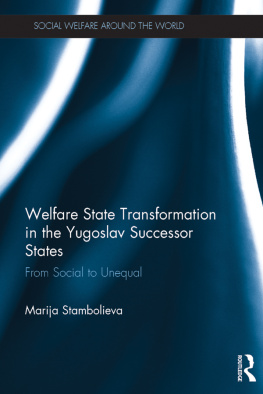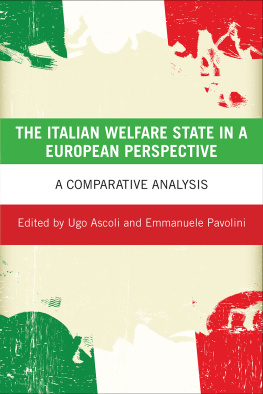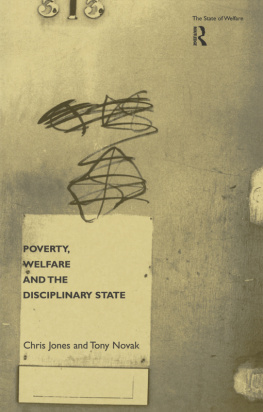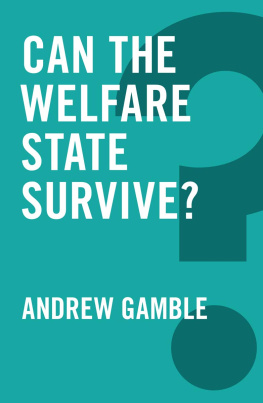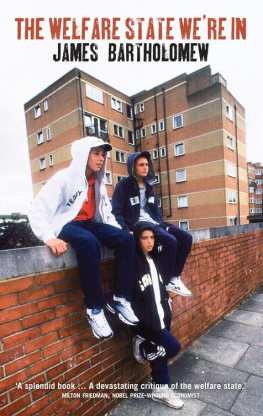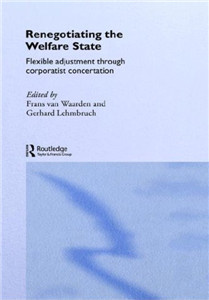First published in Great Britain in 2018 by
Policy Press University of Bristol 1-9 Old Park Hill Bristol BS2 8BB UK Tel +44 (0)117 954 5940 e-mail
North American office: Policy Press c/o The University of Chicago Press 1427 East 60th Street Chicago, IL 60637, USA t: +1 773 702 7700 f: +1 773-702-9756 e:
Policy Press 2018
British Library Cataloguing in Publication Data
A catalogue record for this book is available from the British Library
Library of Congress Cataloging-in-Publication Data
A catalog record for this book has been requested
ISBN 978-1-4473-3236-7 paperback
ISBN 978-1-4473-3235-0 hardcover
ISBN 978-1-4473-3237-4 ePub
ISBN 978-1-4473-3238-1 Mobi
ISBN 978-1-4473-3255-8 ePdf
The right of Peter Beresford and Sarah Carr to be identified as editors of this work has been asserted by them in accordance with the Copyright, Designs and Patents Act 1988.
All rights reserved: no part of this publication may be reproduced, stored in a retrieval system, or transmitted in any form or by any means, electronic, mechanical, photocopying, recording, or otherwise without the prior permission of Policy Press.
The statements and opinions contained within this publication are solely those of the editors and contributors and not of the University of Bristol or Policy Press. The University of Bristol and Policy Press disclaim responsibility for any injury to persons or property resulting from any material published in this publication.
Policy Press works to counter discrimination on grounds of gender, race, disability, age and sexuality.
Cover design by Clifford Hayes
Front cover image: Brian Barnes
Reader's Guide
This book has been optimised for PDA.
Tables may have been presented to accommodate this devices' limitations.
Image presentation is limited by this device's limitations.
Foreword
Nearly 30 years ago, at a meeting I'd spoken at, Peter Beresford challenged me about the involvement of people with experience of poverty in research and action on poverty. This led to a collaboration around such involvement, which taught me a lot about both the experience of poverty and the importance of participation. Some years later I reflected on what I'd learned from this and subsequent involvement in the Commission on Participation and Power from within a framework of citizenship and human rights (Lister, 2002).
The right to participation has been promoted as both a citizenship and a human right. Indeed, it has been theorised as pivotal to a human rights-based approach because it underpins the effective realisation of other rights. It is a right that both recognises and strengthens the agency (including the democratic agency) of people living in poverty and other marginalised groups. It represents recognition of and respect for the dignity of 'the voiceless', referred to in the quotation opening the introduction to this book, by enabling their voices to be heard. As such it helps to strengthen social justice understood as requiring recognition as well as a just (re)distribution of resources. This is reflected in an ongoing ATD Fourth World participatory project involving people with experience of poverty in the training of social workers an illuminating example of how service users' experience and knowledge can inform the training of service providers (Gupta et al, 2017).
This volume, initiated and edited by Peter and Sarah Carr, isn't about the participation of people with experience of poverty as such but its central themes are as relevant to them as to other 'voiceless' service users. It also underscores the diversity of service users and that, as the first book in this series by Peter illuminates, users are not a separate group (Beresford, 2016). We all experience social policy in various ways to our advantage or our detriment. Nevertheless, the voices of some users are less likely to be heard than others and this book is an attempt to provide a space for the voices of some of the traditionally voiceless to be heard. It does not just 'talk the talk' of participation but begins to 'walk the walk'.
In doing so, it raises some salient questions, most fundamentally that of the nature of knowledge and expertise, which is a central theme both explicit and implicit running through the book. It has become politically fashionable on the Right to dismiss traditional 'experts' think the Conservative minister Michael Gove's infamous observation during the EU referendum campaign that people 'have had enough of experts' (3 June 2016) and Donald Trump's rejection of the scientific evidence on climate change. While such attitudes have been justly castigated, participatory approaches to social policy do create a challenge for those of us considered 'experts' on the subjects it addresses. There is an important debate to be had about the contribution to be made by the expertise borne of experience and its relationship to more traditional forms of expertise. A report of a remarkable experimental ATD Fourth World project in France, which brought together traditional experts and people with experience of poverty, contended that

